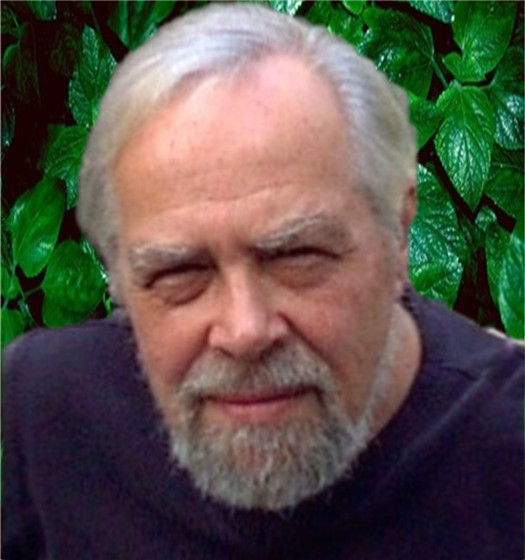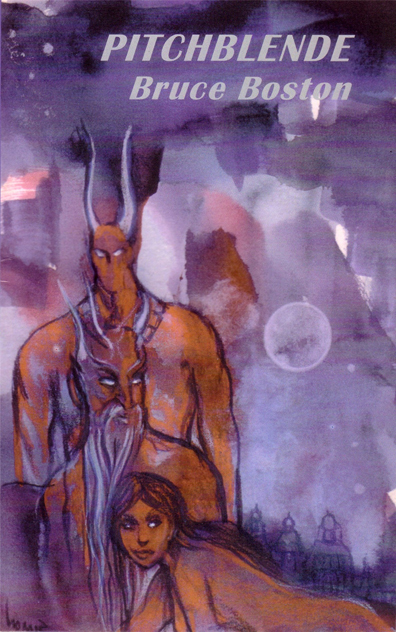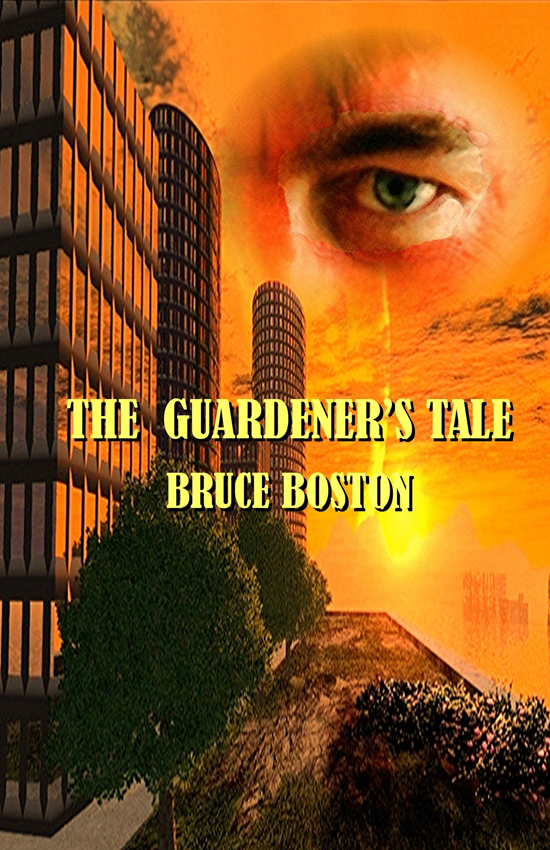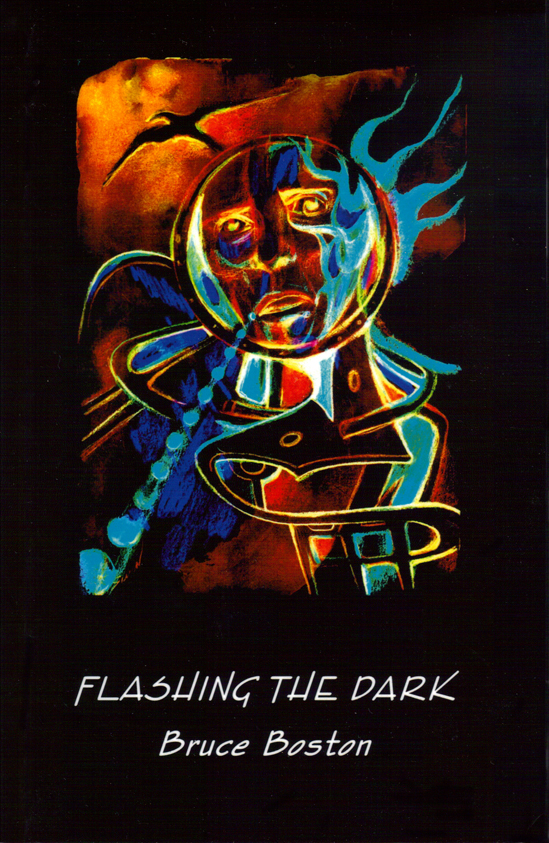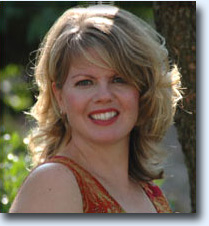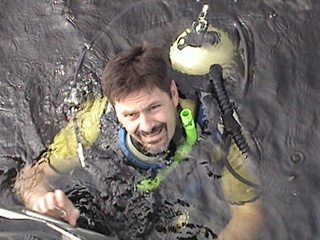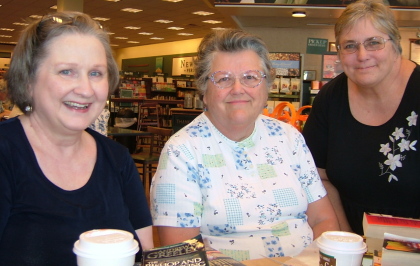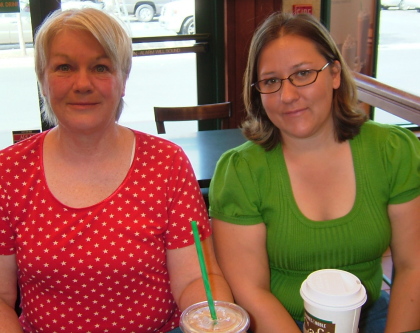A special thanks to author Bruce Boston for taking the time to let us interview him and get to know him a little better. Bruce was nice enough to send us signed copies of the following books: covers in post below
- Pitchblende (dark poetry, Bram Stoker Award winner, Dark Regions, 2003)
- The Nightmare Collection (dark poetry, Bram Stoker Award Winner, Dark Regions, 2008)
- Flashing the Dark (speculative flash fictions, Sam’s Dot, 2006)
- The Guardener’s Tale (sf novel, advance reading copy, Stoker Award finalist and Prometheus Award Nominee, Sam’s Dot, 2007)
And the 4 Random Winners from the comments are! Janet M. (BookwormMoucha), Jennifer C. (mrscasler), Carla G. (readragon), Shondra W. (shoni). Thanks again everyone!
Bruce Boston was born in 1943 and attended U.C. Berkeley, in the sixties, where he was active in political protest and psychedelic exploration. Bruce Boston has written over 40 books, more than 100 short stories and hundreds of poems on speculative fiction. He describes his work best saying it “stretches from broad humor to literary surrealism, with many stops along the way for science fiction, fantasy, horror, and noir.” Boston has received many awards including the Rhysling Award for speculative poetry a record seven times and the Asimov’s Readers’ Award for poetry a record six times. He has also received a Pushcart Prize for fiction, the Bram Stoker Award for his poetry collections Pitchblende, Shades Fantastic, and The Nightmare Collection, and the first ever Grandmaster Award of the Science Fiction Poetry Association. His collaborative poem with Robert Frazier, “Return to the Mutant Rain Forest,” received first place in the 2006 Locus Online Poetry Poll for Best All-Time Science Fiction, Fantasy, or Horror Poem. For more information please visit his website, BruceBoston.com
Your work has been classified as “Speculative Fiction & Poetry”. What does “Speculative” mean in this context?
Mainstream fiction and poetry deal with the rendering and exploration of the here and now, reality as we know it, internal and external. Speculative writing has more to do with imagination, the world of dreams and the world as it could be. The genres of science fiction, fantasy, and horror, all of which I’ve written, fall under the speculative umbrella. However, the best speculative writing resembles mainstream in that it not only explores imaginary worlds, but in so doing, reflects and comments upon the real world.
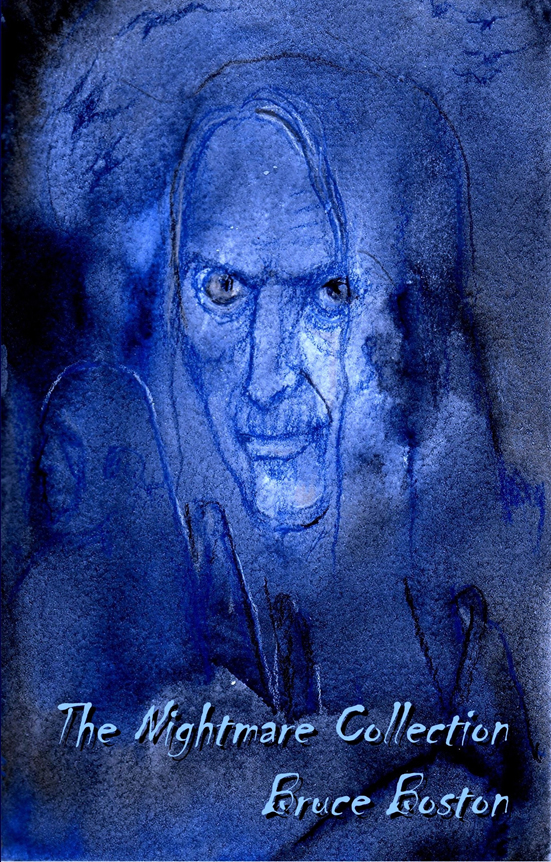 You’ve held a lot of different jobs in the past, including computer programmer, gardener and movie projectionist! Did any of those inform your writing?
You’ve held a lot of different jobs in the past, including computer programmer, gardener and movie projectionist! Did any of those inform your writing?
All life experience inform one’s writing: love affairs, friendships, failures and successes, books read, movies seen, lands visited, and of course, the jobs one holds. Though the influence isn’t always a clear and direct one, and often becomes transformed in the process of writing. For example, I’ve never written about a character who is a gardener, but my science fiction novel The Guardener’s Tale takes place in a future dystopian society that views its citizens as if they were plants in a garden and attempts to nurture and control them to create the perfect garden, the ideal society. Images of flowers, plants, and weeds occur throughout the book, embodying the themes of the novel. If I hadn’t worked as a gardener, the book might never have been written, and if it had, would have probably taken a very different direction.
You’ve been writing and publishing for over 45 years. Do you see any major changes in your work over time?
I think my writing has become more accomplished over the years in terms of mastery of language. It has also changed stylistically and to some extent in content as my interests as a reader have changed. When I was younger, I read mostly what is considered literary fiction and poetry, and my writing reflected that. In the early 1990s I began exploring mysteries and noir, and as a result, I think my writing voice, at least in fiction, has become more populist and less literary, available to more potential readers.
Do you have a favorite work (book, short story, poem), one of which you are particularly proud?
I have several. My poetry collection Pitchblende, assembled by fellow poet and writer Michael Arnzen, is probably my best poetry collection. It garnered me my first Bram Stoker Award and contains what I consider two of my three best long poems: “Pavane for a Cyber-Princess” and “She Was There for Him the Last Time.”
With regard to fiction, I would single out three books. My first novel, Stained Glass Rain, a coming-of-age novel set in the drug culture of the 1960s, is an attempted literary tour de force, combining narrative, diary entries, along with poems and stories written by the characters. Its language is the most dense and poetic of any of my fiction. The aforementioned sf novel, The Guardener’s Tale is probably my most entertaining and compelling work, rich in adventures and surprising plot twists. And finally, my story collection Masque of Dreams brings together the best of my shorter fiction, including six novelettes and seventeen short stories.
You are married to Marge Simon, also a writer and artist. How is it living with a fellow writer?
It’s worked out pretty well for us because we have similar aesthetics and tastes. It has also led to collaborations on poems and short stories that we’ve subsequently sold, but would have never been written if we weren’t living together. Another advantage of living with a fellow writing whose opinion you respect is that when you are working on a story or poem or have just finished one, there is always someone there to give you feedback and respond to questions about it, all the way from the construction of individual lines and sentences to how well it works as a whole.
You’ve been an active member of PBS for a while. How did you hear about us? If you could change one thing about our site what would it be?
Periodically I do an online search on my name to see if anything of interest pops up: raves or pans of my work, websites or foreign publications that have posted or translated and published something of mine without permission, etc. During one of these searches I came upon comments and a rating on some book of mine, don’t remember which, that had been made on PBS. I began exploring the site, and soon joined.
I wouldn’t change anything about PBS. In fact, I’d like to offer my compliments and thanks to your designer. From the very beginning, I’ve found the site, as opposed to many others, very easy to understand and to navigate. However, I might add something to PBS — a page listing authors, who are also PBS Members, who would be willing to field questions from other members about their writing.
What’s on your nightstand?
A lamp, a clock, a white noise machine…sometimes a glass of wine or a cup of coffee…but you no doubt mean what books am I currently reading. I’m usually into several books at once. Right now I’m reading two unpublished novels by writer friends. One is a love story about a jazz musician and a Japanese artist set in the forties and fifties. The other is a contemporary psychological mystery loosely based on Shakespeare’s Othello. I’m also rereading Pascali’s Island by Barry Unsworth, a tale set in 1908 on a small Greek island that is part of the crumbling Ottoman Empire.

